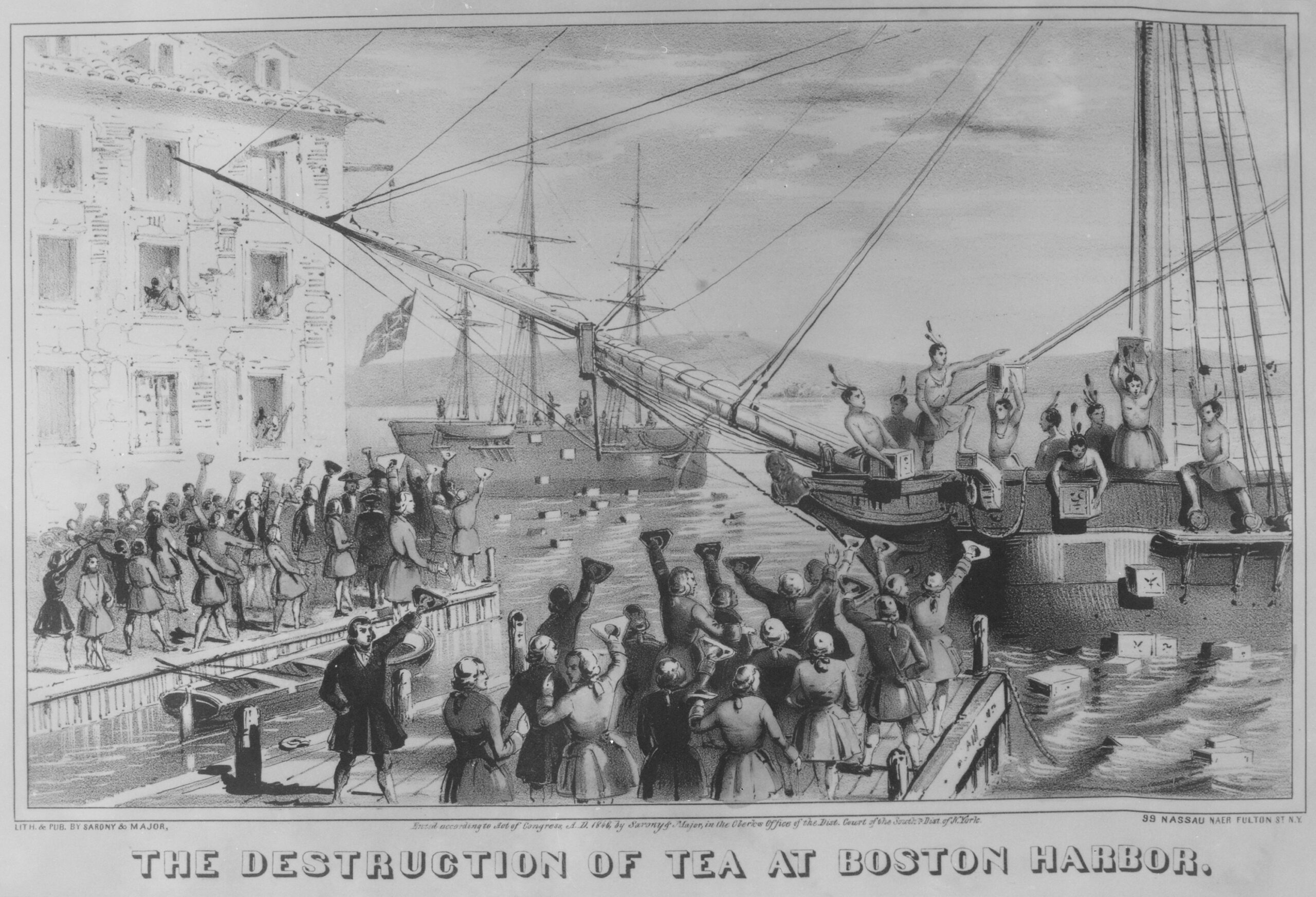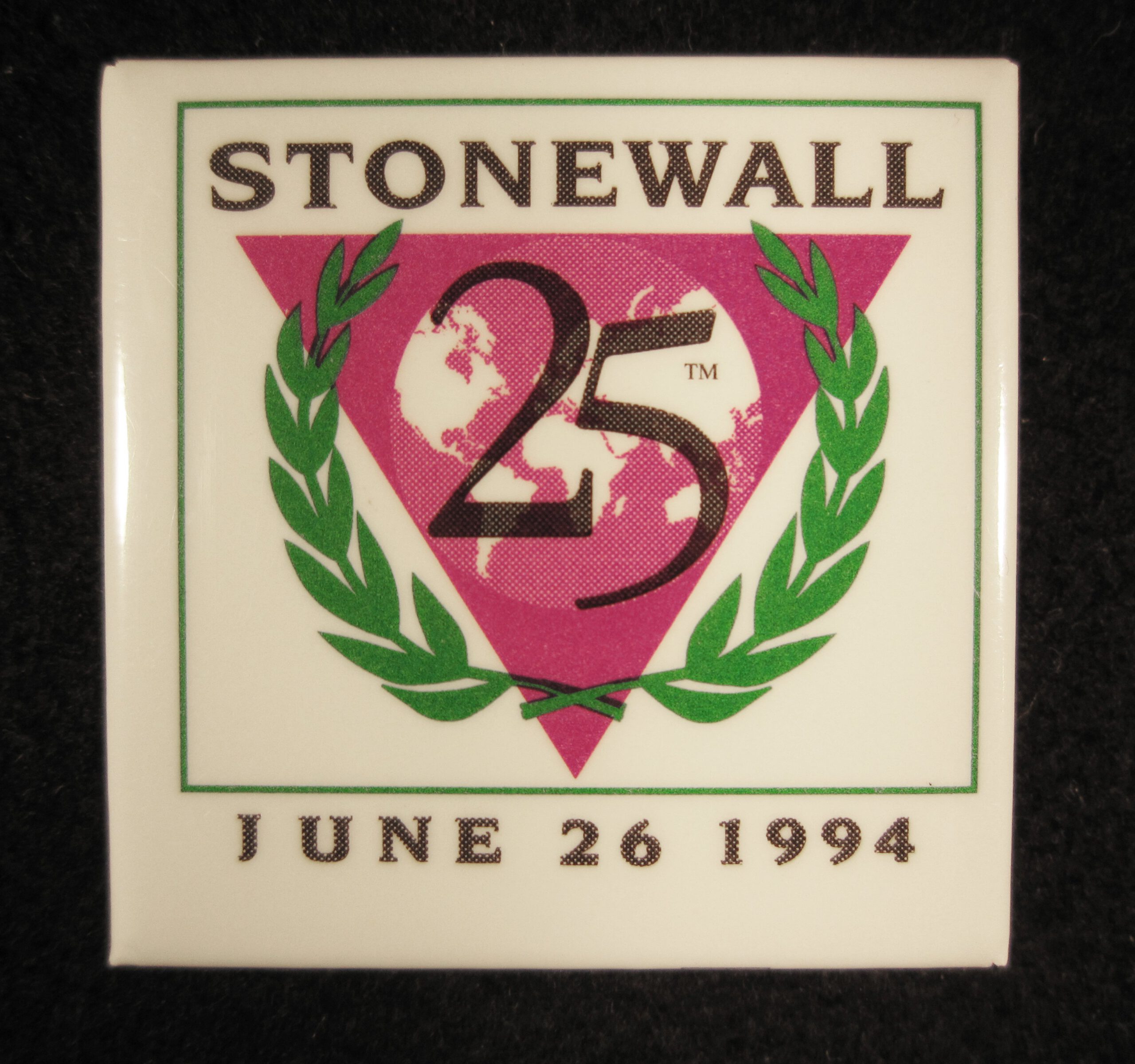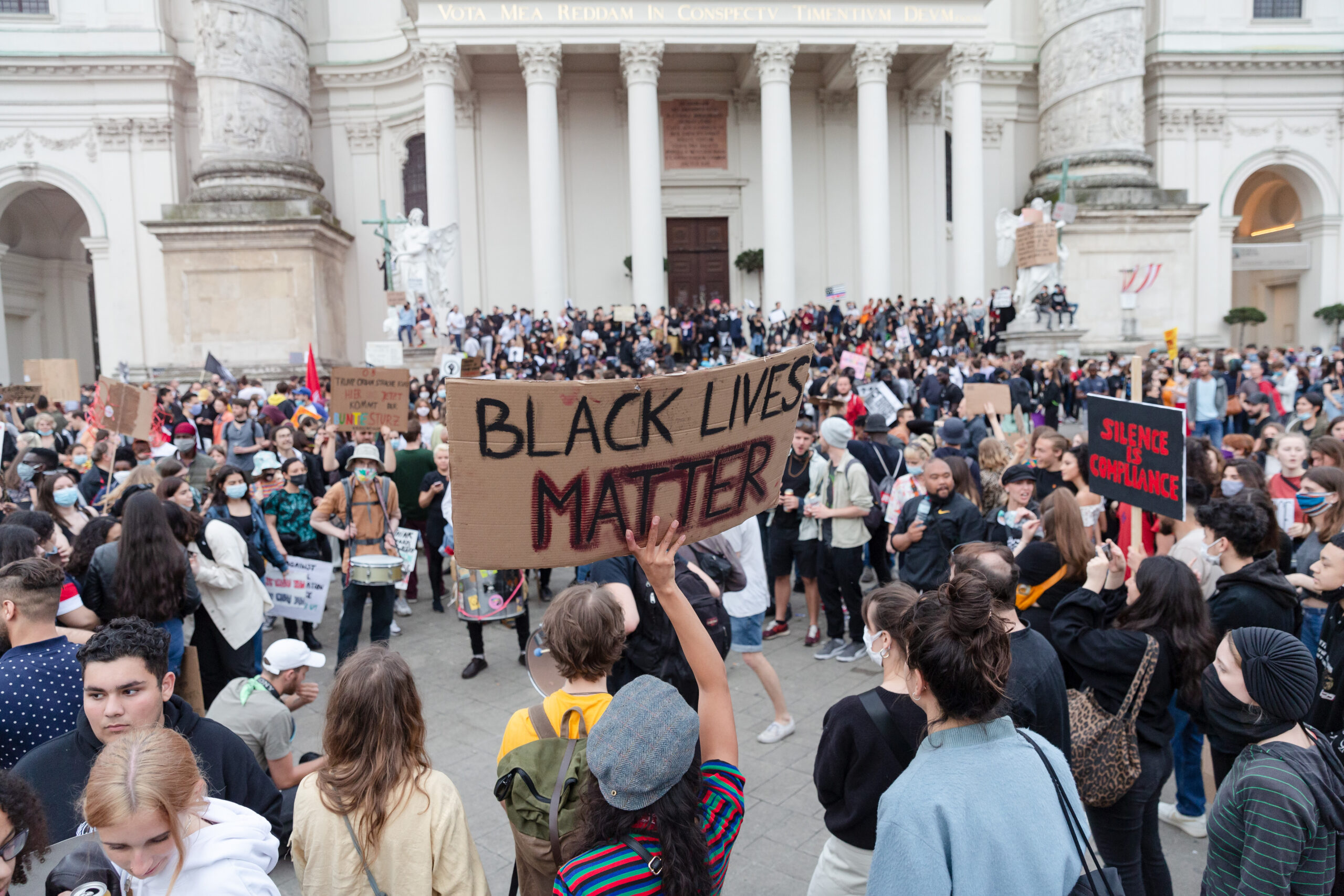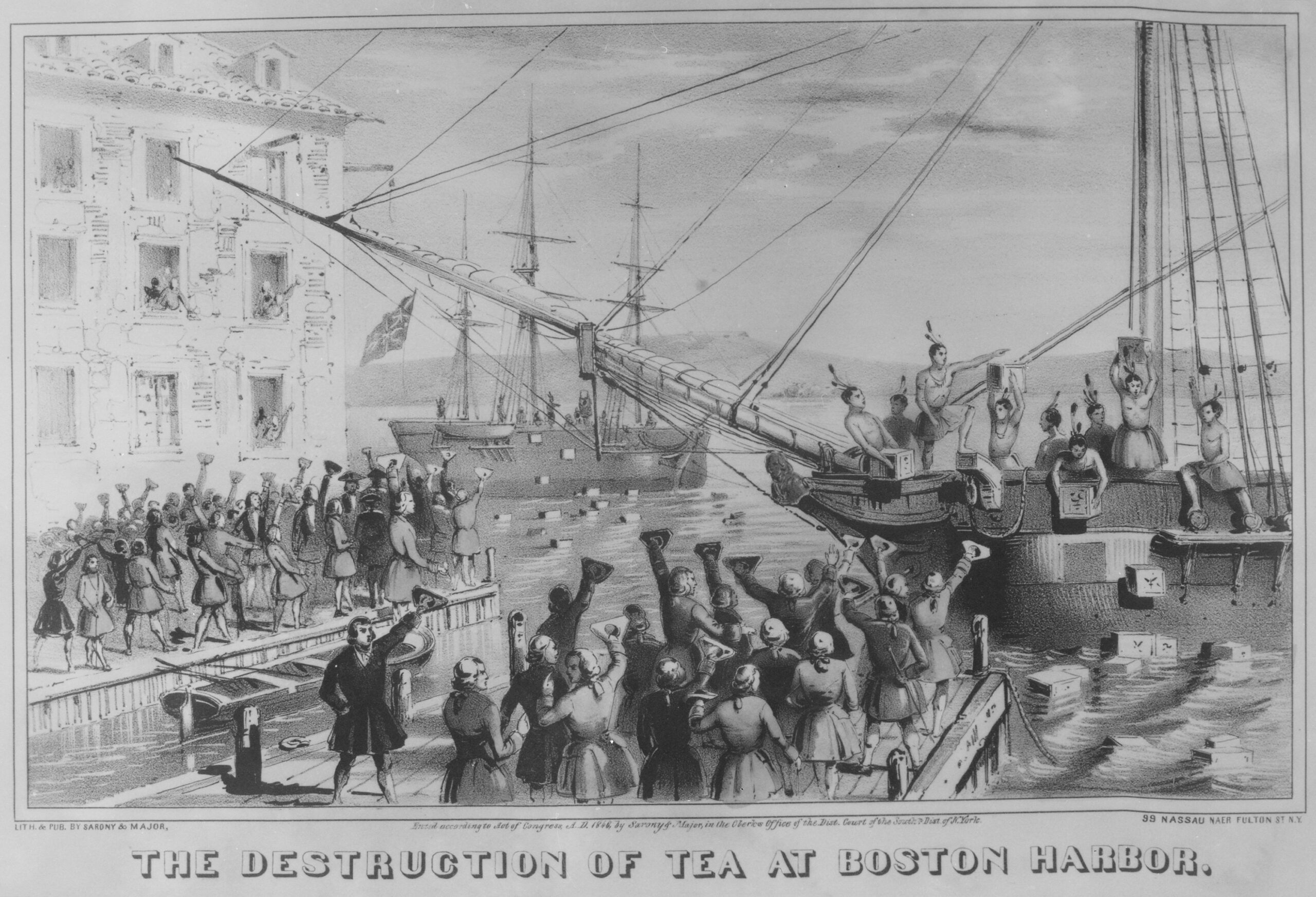Transformational Protests in U.S. History
The United States has a long and storied history of protests that have brought about significant social, political, and cultural changes. These protests have often been led by passionate individuals and groups striving for justice, equality, and the advancement of human rights. In this article, we will explore ten transformational protests in U.S. history that have left an indelible mark on the nation.
The Boston Tea Party (1773)

The Boston Tea Party is one of the earliest and most iconic protests in American history. It was a response to the British government’s Tea Act, which granted the British East India Company a monopoly on tea sales in the colonies. On December 16, 1773, American colonists, frustrated with “taxation without representation,” disguised themselves as Mohawk Indians and dumped 342 chests of tea into Boston Harbor. This act of defiance was not just about tea; it symbolized the growing resistance against British rule. The Boston Tea Party sparked a series of events that eventually led to the American Revolution, making it a pivotal moment in the fight for American independence.
The Seneca Falls Convention (1848)
Held in Seneca Falls, New York, the Seneca Falls Convention was the first women’s rights convention in the United States. Organized by Elizabeth Cady Stanton and Lucretia Mott, the convention aimed to address the social, civil, and religious rights of women. The Declaration of Sentiments, modeled after the Declaration of Independence, was presented, demanding equal rights for women, including the right to vote. This convention marked the beginning of the women’s suffrage movement in the U.S., setting the stage for future activism and ultimately leading to the passage of the 19th Amendment in 1920, granting women the right to vote.
The Haymarket Affair (1886)
The Haymarket Affair was a pivotal event in the labor movement in the United States. It began as a peaceful rally in Chicago’s Haymarket Square on May 4, 1886, advocating for an eight-hour workday. The rally turned violent when someone threw a bomb at police, resulting in the deaths of several police officers and civilians. The incident led to a nationwide crackdown on labor activists and anarchists. Despite the tragic outcome, the Haymarket Affair highlighted the struggles of American workers and paved the way for labor reforms, including the establishment of Labor Day as a national holiday.
The March on Washington for Jobs and Freedom (1963)
One of the most famous protests in U.S. history, the March on Washington for Jobs and Freedom, took place on August 28, 1963. Over 250,000 people gathered at the Lincoln Memorial to demand civil rights and economic equality for African Americans. It was during this march that Dr. Martin Luther King Jr. delivered his iconic “I Have a Dream” speech, which called for an end to racism and the realization of equality. The march played a crucial role in the passage of the Civil Rights Act of 1964 and the Voting Rights Act of 1965, making it a turning point in the Civil Rights Movement.
The Stonewall Riots (1969)

The Stonewall Riots are often regarded as the catalyst for the modern LGBTQ+ rights movement. On June 28, 1969, a police raid at the Stonewall Inn, a gay bar in New York City’s Greenwich Village, sparked spontaneous protests by the LGBTQ+ community. The riots lasted for several days and were a response to years of discrimination and harassment. The Stonewall Riots galvanized the LGBTQ+ community, leading to the formation of numerous advocacy groups and the first Pride marches. Today, the Stonewall Uprising is celebrated annually during Pride Month, commemorating the fight for LGBTQ+ rights.
The Vietnam War Protests (1960s-1970s)
The Vietnam War Protests were a series of demonstrations against U.S. involvement in the Vietnam War. Spanning the late 1960s to early 1970s, these protests were driven by a diverse coalition of students, veterans, and civil rights activists. The anti-war movement gained momentum with events like the Moratorium to End the War in Vietnam in 1969, which saw millions of Americans participate in nationwide protests. These protests raised public awareness about the human and financial costs of the war and ultimately influenced policymakers to withdraw U.S. troops from Vietnam. The Vietnam War Protests demonstrated the power of grassroots activism in shaping foreign policy.
The Women’s March (2017)
The Women’s March, held on January 21, 2017, was one of the largest single-day protests in U.S. history. Millions of people across the country and around the world participated in marches advocating for women’s rights, reproductive rights, and social justice. The march was organized in response to the inauguration of President Donald Trump and his perceived stance on women’s issues. The Women’s March brought attention to a wide range of social and political issues, including gender equality, healthcare access, and immigration reform. It also inspired a new wave of activism, encouraging individuals to engage in political and social change at all levels.
The Black Lives Matter Protests (2020)

Sparked by the tragic death of George Floyd at the hands of police in May 2020, the Black Lives Matter Protests became a global movement against systemic racism and police brutality. Millions of people took to the streets in cities across the U.S. and around the world, demanding justice for Floyd and countless other victims of racial violence. The protests led to important conversations about race, policing, and criminal justice reform. They also prompted some cities to implement changes in policing policies and increased awareness of racial inequalities. The Black Lives Matter Protests underscored the ongoing struggle for racial justice in the United States.
The Dakota Access Pipeline Protests (2016-2017)
The Dakota Access Pipeline Protests, led primarily by the Standing Rock Sioux Tribe, were a series of demonstrations against the construction of the Dakota Access Pipeline. The pipeline was slated to cross sacred Native American lands and potentially contaminate water supplies. The protests drew thousands of supporters to the Standing Rock Indian Reservation in North Dakota. The movement gained national and international attention, highlighting issues of environmental justice and indigenous rights. While the pipeline was eventually completed, the protests raised awareness about the rights of Native American tribes and the importance of protecting natural resources.
The March for Our Lives (2018)
The March for Our Lives was a student-led protest against gun violence, held on March 24, 2018, in response to the tragic school shooting in Parkland, Florida. Organized by survivors of the shooting, the march aimed to advocate for stricter gun control laws and safer schools. Hundreds of thousands of people participated in the march in Washington, D.C., and in sister marches across the country. The movement brought attention to the need for comprehensive gun reform and inspired young people to engage in political activism. The March for Our Lives demonstrated the power of youth-led initiatives in driving social change.


